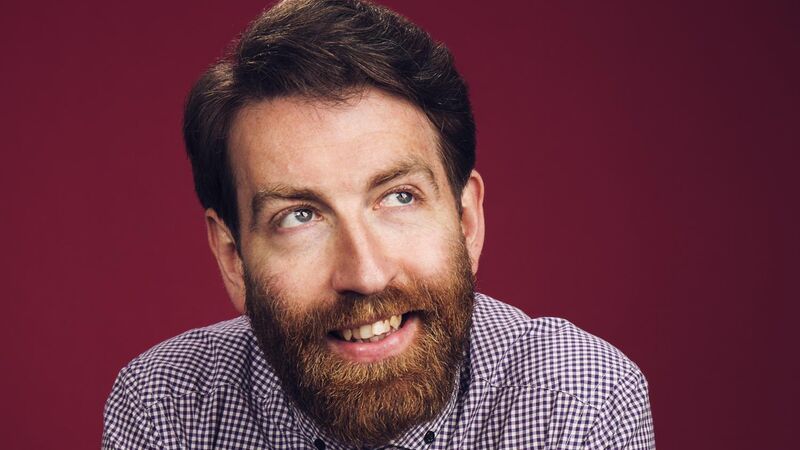Colm O'Regan: Just because you think Prince William might say something racist doesn't make it true

Occasionally you just want something to be true because it feels true. Recently, a viral tweet claimed the Top 10 list of most-visited Facebook pages in America had changed. Previous Top 10s were pages of right wing pundits and organisations. Now they were a bit more in the centre.
This could be because the Russian bot farms who allegedly help boost the American right were now restricted by sanctions or focussed elsewhere on claiming black was white. (A bot farm is a big automated campaign to create millions of artificial opinions on social media to influence people.)






